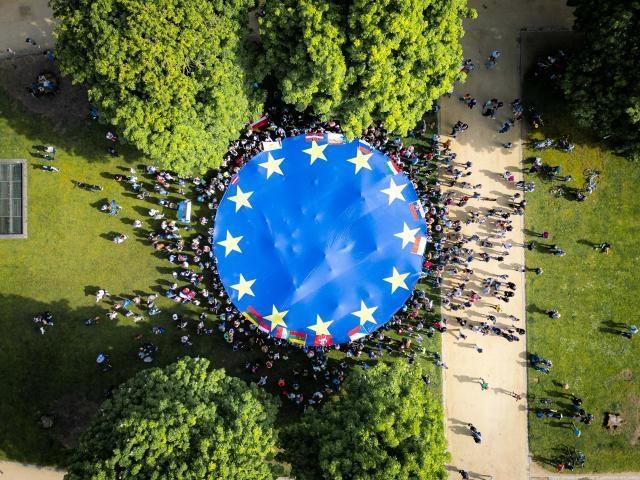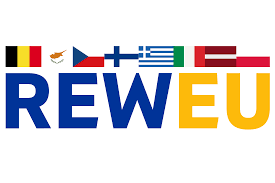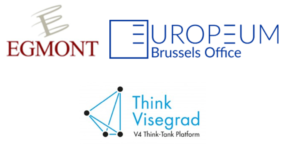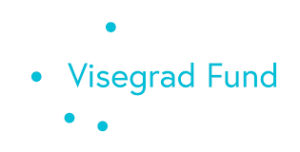Making Enlargement Work Again: Supporting Western Balkans through the Experiences of Central and Eastern Europe

Date
12 September 2024
Time
14:00-17:45
Location
Orange room of the Egmont Palace, entrance via 24D, rues des Petits Carmes 1000 Brussels
Type of Event
Seminar
Organisation
Egmont Institute
FULLY BOOKED

|
14:00 – 14:20 Keynote speech H.E. Bálint Ódor, Ambassador, Permanent Representative of Hungary to the European Union 14:20 – 15:40 Panel 1: Twenty years of membership: How did the 2004 enlargement shape the EU and its new members? Although it has been 20 years since the “Big Bang” EU enlargement to Central and Eastern Europe (CEE) these countries are still labelled as “new” Member States and trying to catch up with their Western European neighbours. Due to various reasons, their ability to influence the decision-making in the EU or boost their presence within the EU institutions has yet to reach the levels of older member states. At the same time, due to the geopolitical developments, the role of CEE countries has gained in importance in the past years, and they are currently among the most prominent advocates for future enlargement of the EU. Through newly established partnerships with other EU Member States and enhanced activity at the EU level, CEE countries also support better cohesiveness of the bloc. The experience with EU membership and the lessons learned from CEE countries’ accession can provide useful insights for the current enlargement process. How well did the newly acceded countries integrate into the EU? How well was the EU prepared for a “Big Bang” enlargement? What were the biggest challenges for the new members after joining the Union? And how can the role of CEE be strengthened in the future? Speakers: Jean-Louis de Brouwer, Director of Europe Program, Egmont Institute Moderation: Žiga Faktor, Deputy Director, EUROPEUM Institute for European Policy |
|
15:40 – 16:10 Coffee break 16:10 – 17:30 Panel 2: Forgotten enlargement to the Western Balkans: Can the process be revived in 2024? Despite the initial scepticism of the Western Balkan countries to the fast progress of Ukraine and Moldova, the Union has this year delivered also on some aspects of the region’s long-stalled EU integration. Bosnia and Herzegovina received a positive decision on its accession negotiations by the European Council, the European Commission introduced the Growth Plan for the Western Balkans and Montenegro progressed to the closing stages of its accession process. The key goal of the EU’s approach to the region has been to restore trust in their membership perspective and to showcase that progress will be allowed when the candidates invest effort into the required reforms. Are the recent successes and initiatives enough to re-establish the credibility of the enlargement process? Can the incentives offered by the Growth Plan and the increased priority of the enlargement agenda be sufficient to stimulate a reform momentum in the region? And is there a way to overcome the excessive use of veto by individual EU Member States in the accession process? Speakers: Corina Stratulat, Associate Director and Head of the European Politics Programme, EPC Julianna Ármas, Research Fellow, HIIA – Hungarian Institute of International Affairs Moderation: Jana Juzová, Senior Research Fellow, EUROPEUM Institute for European Policy 17:30 – 17:45 Closing Remarks Pol De Witte, Director General, Egmont Institute 17:45 – 18:30 Networking Reception |



(Photo credit: European commission)